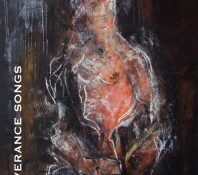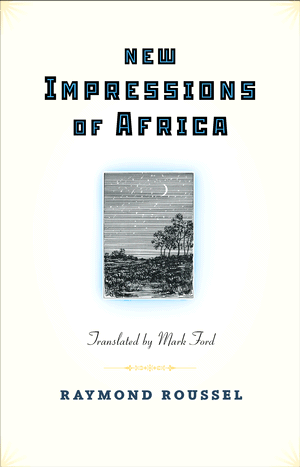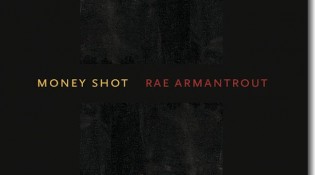On Verse
Aaron Shurin’s Citizen
Citizen marks Aaron Shurin’s return to the prose poem after fifteen years. His previous verse collection, Involuntary Lyrics, was a re-warping of the woof (as Robert Duncan would put it)…
Give Me the Key
Now in his 80th year, Geoffrey Hill has followed the Yeats template for the septuagenarian poet: though he could easily rest his reputation on his work of thirty or even…
The Angel and the Ass
Our word sonnet comes from the Italian sonetto — little song — but what we generally mean by the term is a fourteen-line poem governed by fixed patterns of rhyme…
Skin-Deep: Raymond Roussel’s New Impressions of Africa
Let me begin with a story from my own experience, one that came to mind when I read Raymond Roussel’s New Impressions of Africa. A group of young poets, mostly…
In Pursuit of the Debutant
What to make of Stephen Sturgeon after reading his first book of poetry, Trees of the Twentieth Century? Sturgeon, the debutant? Sturgeon, the first major poet of his generation? Sturgeon, producer…
An Invitation to “Torment”
Torment, as defined by the American Heritage Dictionary, is great pain or anguish, physical or mental. The word is derived from torquere, to twist, as when a rope that is part…
Galvinizing Fury: Elizabeth Willis’ Address
In A Midsummer Night’s Dream, Shakespeare has Theseus describe poetic undertaking as that which “gives to airy nothing / A local habitation and a name.” It is therefore fitting that Elizabeth…
Writing the Cry: French and Francophone Literature
Is France still at the center of the French-language literary world? Or, to ask a broader question, is there a center at all? In the fall of 2006, five of…
The Lyric LangPo Alarm: Rae Armantrout
Rae Armantrout’s poetry is informed by two key sources: first, the radical poetics of 1960s San Francisco; second, the terse verse forms of William Carlos Williams, whose poetry she first…





